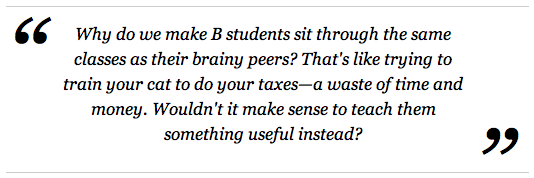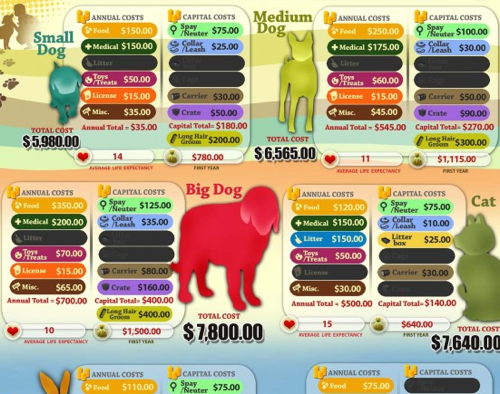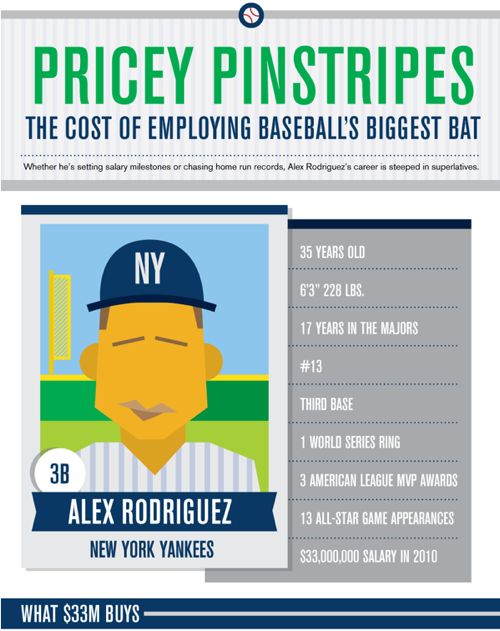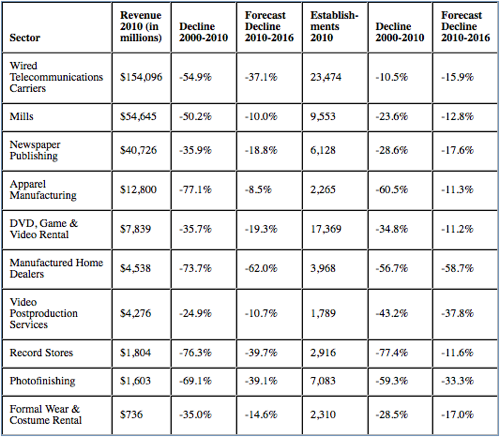If you’ve ever felt like certain school subjects just aren’t your thing, read this essay by Dilbert cartoonist Scott Adams.
He tells the story of how he learned to run a business by simply going out and doing it. He didn’t need to be an expert in anything to be an entrepreneur; he just used little bits of different talents he already had, he failed a lot, and he kept trying.

(He apparently hasn’t heard that Algebra II is the key to success.)
Seems like every piece of advice ever tells us that the only way to accomplish anything is by trying to do something. Keep that in mind when your campus lemonade stand is crushed by a competitor. At least you’ve done something.
And next time, you may be the ruthless competition-crusher!








